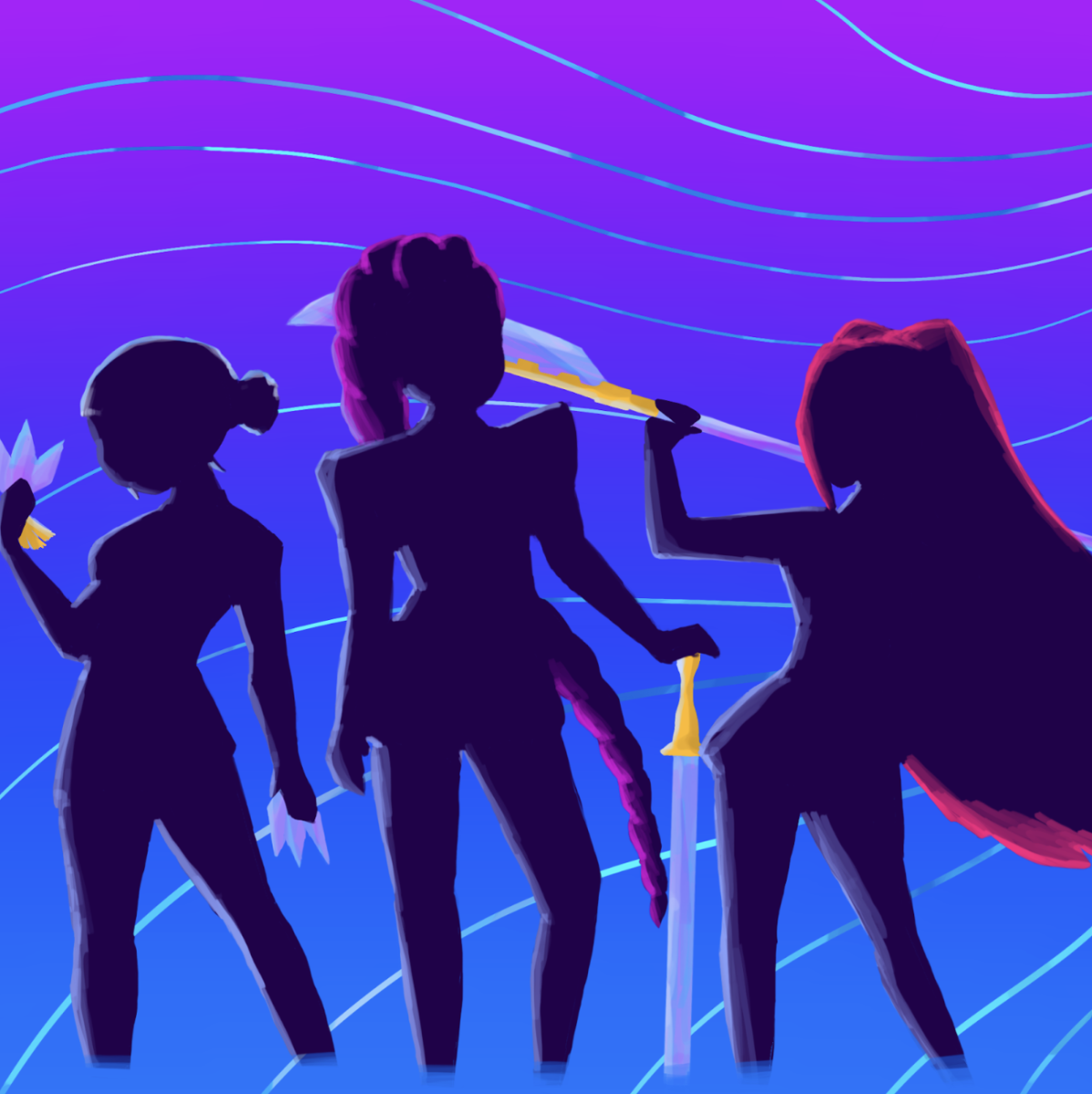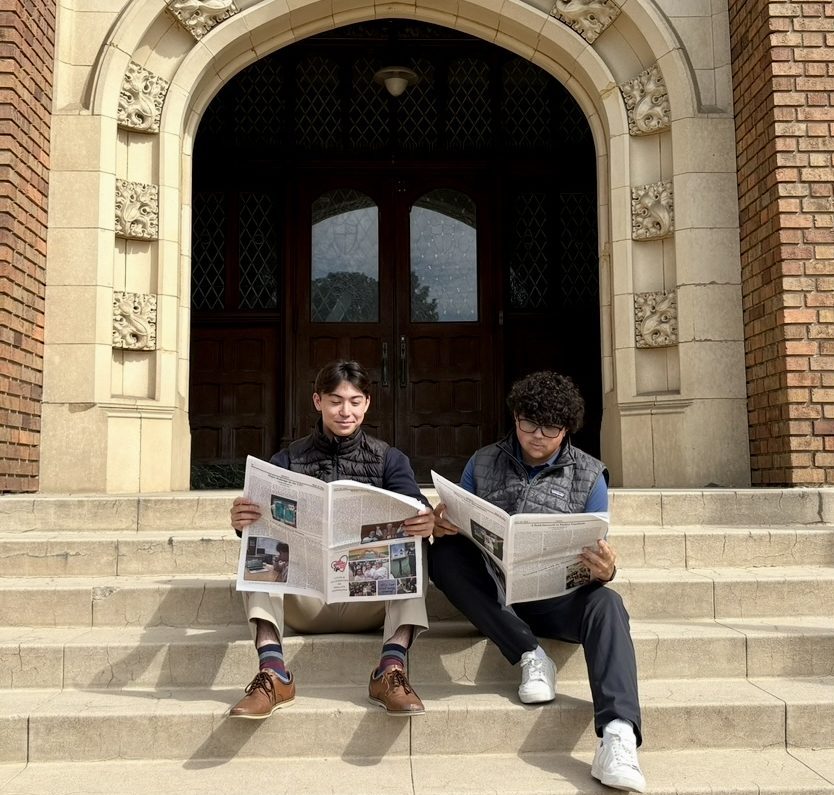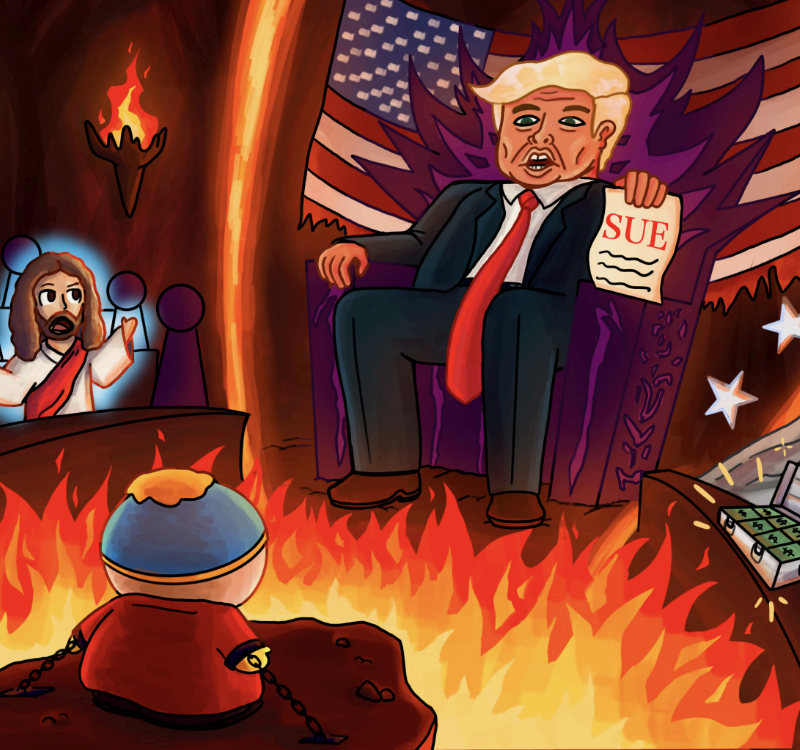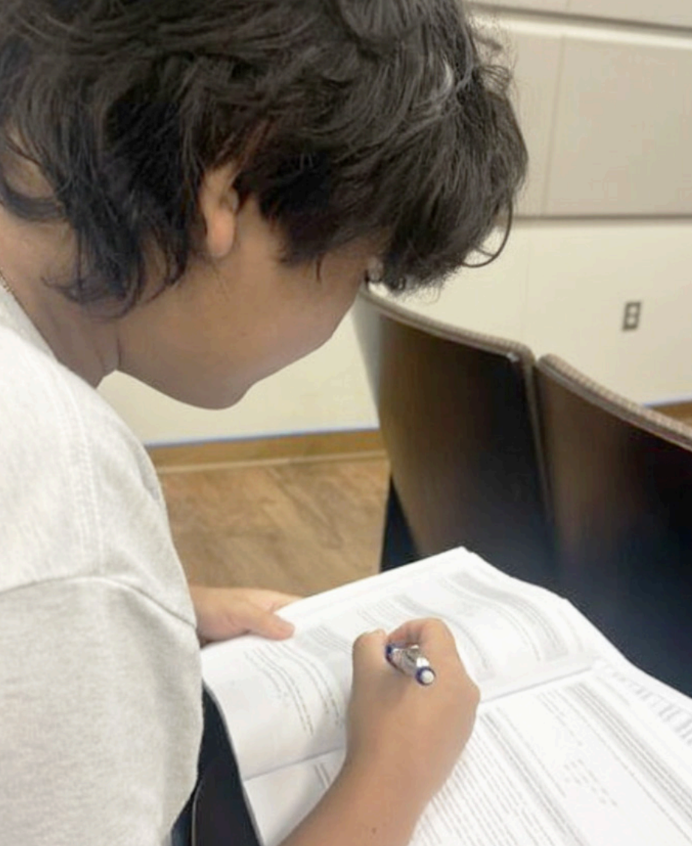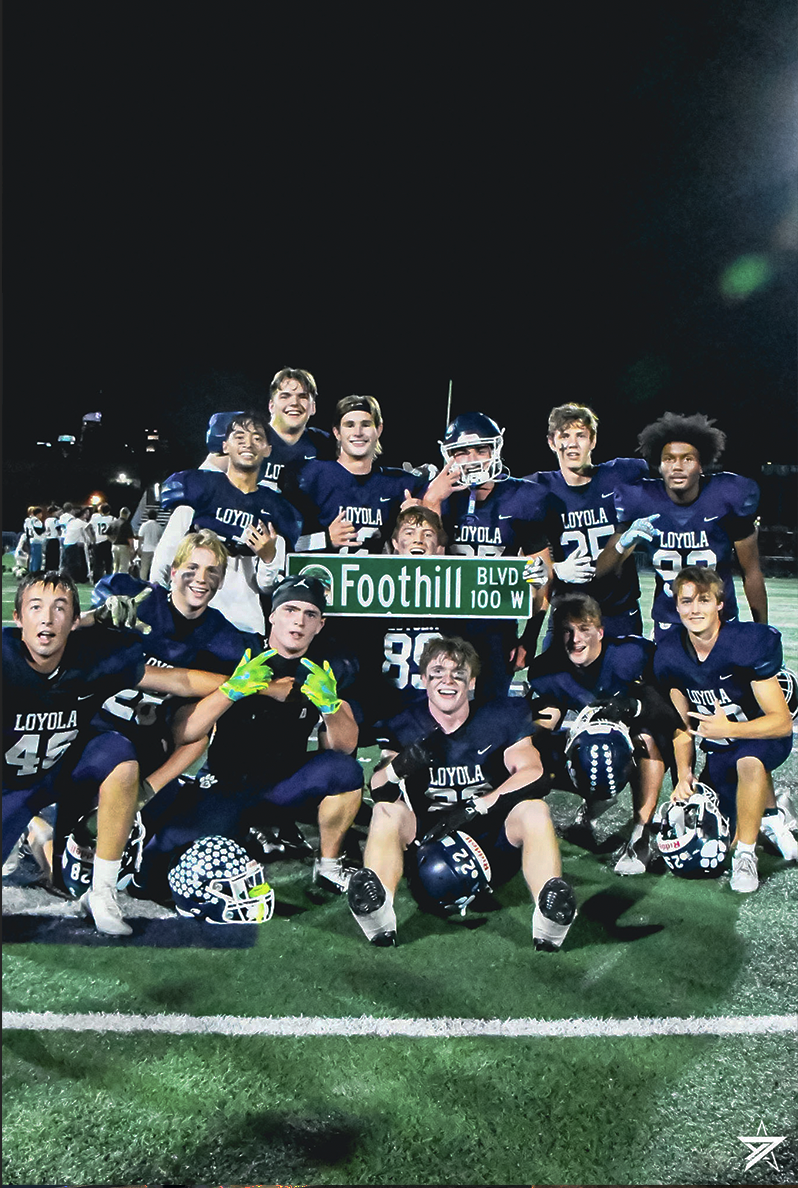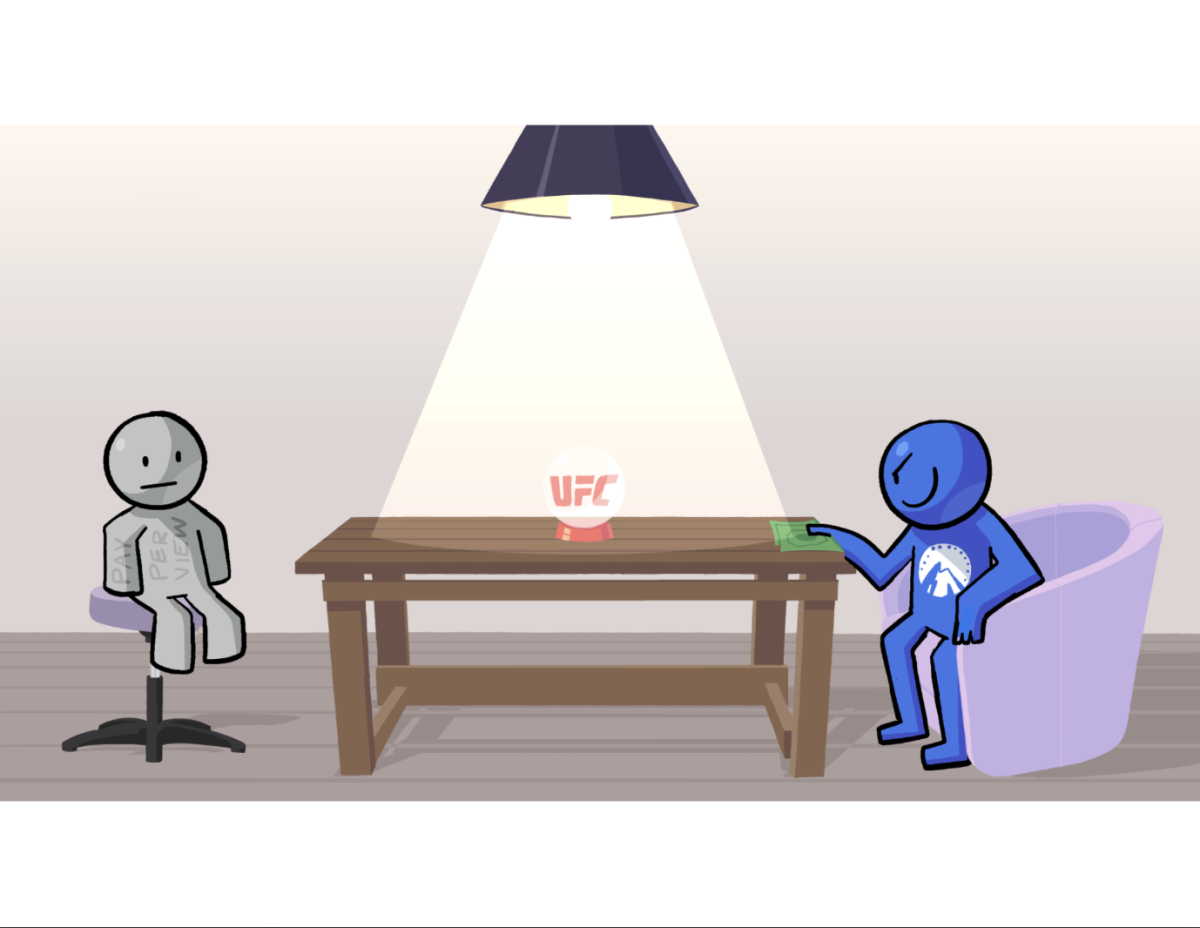On Sep. 15, 2020, Harry Potter novelist J.K. Rowling (under the pen-name of Robert Galbraith) released the fifth book of her Cormoran Strike crime fiction series titled Troubled Blood. Over the years, people, especially those from my generation, have come to love Rowling for her uplifting stories that commonly depict the rise of the underdog. But maybe this sympathy for the underdog does not span beyond her novels.
To the surprise of many, including myself, a controversy arose this past summer surrounding multiple contentious tweets about the progressive conversation of gender. First came Rowling’s response to an article that used the term ‘people who menstruate,’ stating, “I’m sure there used to be a word for those people. Someone help me out. Wumben? Wimpund? Woomud?”
What could have been a simple misunderstanding turned into a large debate, where instead of retracting statements, Rowling only fueled the argument, saying, “I know and love trans people, but erasing the concept of sex removes the ability of many to meaningfully discuss their lives,” and that her “life has been shaped by being female.”
Although the comments seem harmless at first look, they indicate a narrative that transgender women are not rightfully “women.” Transphobic or not, these statements, in my opinion, are quite harmful.
That brings me into my discussion of her newest novel. The thousand-page thriller follows detective Cormoran Strike on his quest to discover the truth of the mysterious disappearance of Margot Bamborough 20 years prior. As a crime fiction lover, I was interested to see the direction Rowling would take. However, many aspects of this story did not sit well with me, one being the common theme that one’s ‘blood’ reigns over all; in other words, people can’t change their origins.
While Detective Strike had always viewed himself as an Englishman, Polworth, another main character, insists, “You were born here… so you’re Cornish.”
Widespread throughout the novel, this theme sounds awfully familiar to that of Rowling’s tweets–that you can’t change who you are at birth. Similarly, the book is rampant with parallels to the trans experience, though in a pretty morbid way. Strike talks about the blasphemy of “putting the cross of St. Piran on goods of Cornish origin,” which could easily be an ill-intentioned reference to the gender-reassignment process.
Rowling sets the stage for the pursuit of the main suspect of the crime: Dennis Creed, a serial killer who cross-dresses to lure female victims. Although this character is not decidedly trans, Rowling does not make any clear distinction. Intentional or not, Creed’s character represents the criminalization of trans people, portraying someone who only presents as feminine for a perverse cause.
Taking a closer look at this interesting plot choice, Rowling actually took inspiration from historical serial killers like Jerry Brudos and Russell Williams as precedent for this character. Her reasoning is fair, but neither of these figures were thought to be trans, unlike the depiction of Creed in the novel. As Rowling explores the question of whether Creed “was actually a lady” throughout the novel, she unnecessarily ties his gender identity to the crimes he committed, indicating that Creed’s transness was the cause of his violence. Whether it was deliberate or not, Rowling easily leads readers to associate the trans identity with severe mental illness. Was the character simply a means of fuelling her controversy in order to increase readership, or was it simply a coincidence of her authorship? For me, the latter seems naively far fetched.
A recent admirer of the Harry Potter series, I wanted to give Rowling an honest opportunity to continue to amaze me. With that, it would be nearly impossible to discredit her talent of storytelling: the setting is eerie and interesting, the use of suspense clearly proves it a page-turner, the main characters are well fleshed-out, and the mystery is handled in a unique way, one that contrasts the usually corny who-done-it genre.
However, I certainly want to caution readers about the way in which some of the central themes can be harmful, especially to the message of inclusion that Loyola High School upholds. Not only Rowling’s mishandling of Creed’s character but also her subtle aggressions towards people rejecting the status quo leave a sour taste in my mouth after reading the novel. Rowling clearly strays from her previous stories about the unconventional hero, and instead tries to pursue an empty argument that only fuels conflicts instead of resolving them.


